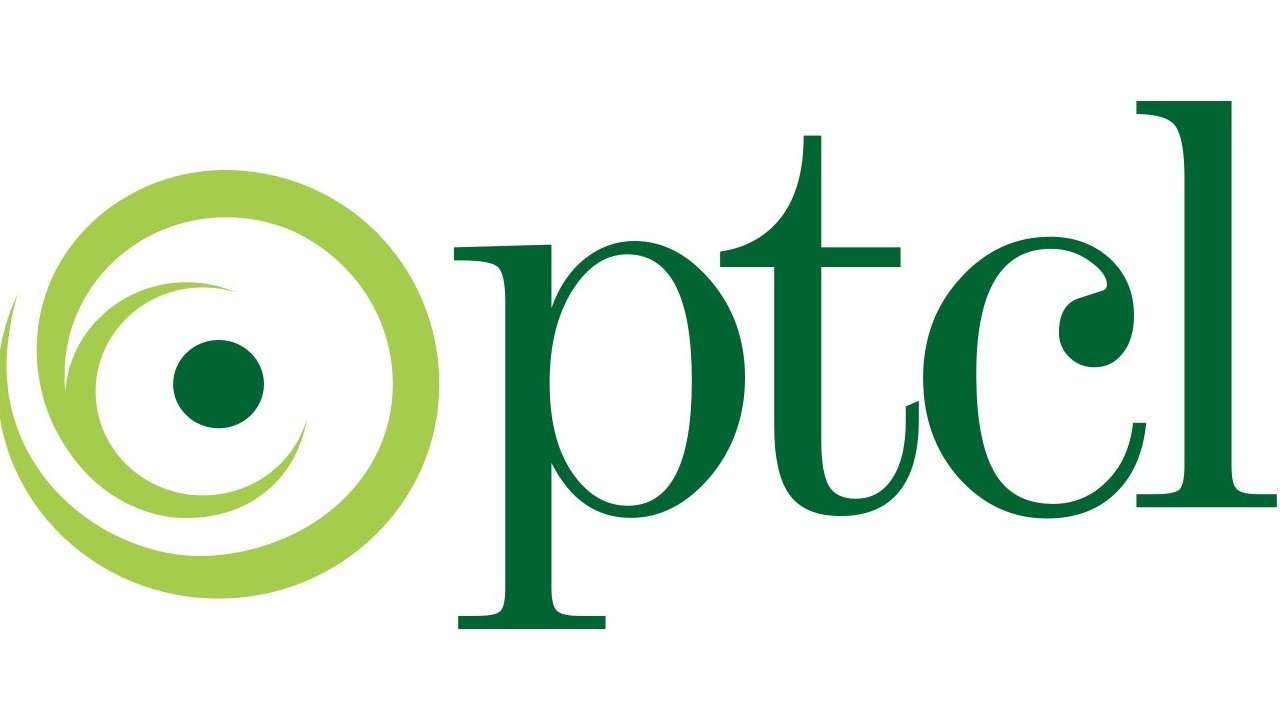Ticketmaster to Compensate Canadian Consumers Affected by Unfair Ticket Fees
Ticketmaster, one of the largest online ticket-selling platforms, has agreed to a $6 million class-action lawsuit settlement, compensating nearly one million Canadians who purchased tickets in 2018. The lawsuit, filed over allegations of deceptive pricing practices, marks a significant step in ensuring transparency in ticket sales.
The case was finalized on January 15, 2025, at Regina’s Court of King’s Bench, where the company reached a settlement agreement without admitting any wrongdoing. The legal battle centered around Ticketmaster’s controversial “drip pricing” strategy, which involved adding hidden fees to ticket prices, misleading consumers about the actual cost.
Justice Graeme Mitchell, who oversaw the case, highlighted the importance of the lawsuit, stating:
“This case has proved to be a legitimate consumer protection lawsuit, which could only have been effectively prosecuted as a class action.”
The settlement aims to compensate eligible ticket buyers with credits of up to $45 for future purchases, reinforcing the importance of fair business practices in the ticketing industry.
Understanding the Ticketmaster Lawsuit
What Led to the Legal Action?
The lawsuit was initially filed by Crystal Watch, a Canadian consumer who accused Ticketmaster of engaging in deceptive and unfair pricing tactics that violated The Consumer Protection and Business Practices Act.
The primary allegation was Ticketmaster’s use of drip pricing, where the company displayed lower ticket prices upfront but later added unexpected fees during checkout. This practice led consumers to believe they were paying one price, only to find significantly higher charges at the final payment stage.
Drip pricing has been widely criticized across various industries for its misleading nature and has even been flagged by consumer protection organizations globally.
What Is Drip Pricing?
Drip pricing refers to a pricing strategy in which a business advertises a lower price initially, only to reveal additional charges later in the purchasing process. These added costs may include:
- Service Fees
- Processing Charges
- Delivery or Convenience Fees
In the case of Ticketmaster, customers often saw a drastic increase in final ticket prices, making the advertised amount highly misleading.
Settlement Details and Compensation Plan
Who Qualifies for Compensation?
The settlement covers Canadian consumers who purchased tickets for events between:
- January 1, 2018, and June 30, 2018
However, some exclusions apply:
- Quebec residents are not eligible.
- Current Ticketmaster employees are also excluded.
How Will the Compensation Work?
Eligible consumers will receive credits of up to $45, which can be used for future Ticketmaster purchases. These credits will be deposited into the affected customers’ Ticketmaster accounts.
Key Points About the Compensation
✅ Credits Are Transferable: Consumers can transfer the credits to others.
✅ One-Time Use: Each credit can be used only once.
✅ Legal Fees Deducted: After legal fees of $1.725 million, $4.3 million remains available for consumer compensation.
According to lawyer Tony Merchant, who represented the plaintiffs, up to 100,000 consumers in Saskatchewan and nearly 1 million across Canada are eligible for the compensation.
How Affected Consumers Can Claim Their Credits
Step-by-Step Guide to Receiving Compensation
1. Check for an Email Notification:
- Ticketmaster will notify eligible consumers via email with instructions on how to claim their credits.
2. Log Into Your Ticketmaster Account:
- If you qualify, you should see the credit amount reflected in your Ticketmaster balance.
3. Contact the Law Firm if You Haven’t Received a Notification:
- If eligible consumers do not receive an email, they should contact Merchant Law Group for further assistance.
Why This Settlement Matters
This case is a landmark victory for consumer rights, particularly in industries where pricing transparency has long been an issue. The lawsuit sheds light on the importance of ethical business practices and the necessity of holding corporations accountable for deceptive tactics.
Justice Mitchell’s ruling underscores that class-action lawsuits play a vital role in protecting consumers from unfair business practices.
The Bigger Picture: Impact on the Ticketing Industry
A Warning for Other Ticket Sellers
Ticketmaster’s settlement sets a precedent for other ticketing platforms. Moving forward, companies may need to:
🔹 Ensure upfront pricing transparency
🔹 Avoid deceptive fee structures
🔹 Comply with consumer protection laws
Regulators worldwide have been cracking down on drip pricing, and this case reinforces the need for transparency in online transactions.
The Role of Consumer Advocacy
This lawsuit serves as an example of consumer power in demanding fair business practices. It highlights the necessity for:
📢 Stronger consumer protection laws
📢 Increased transparency in pricing models
📢 Greater awareness of hidden fees in online transactions
With the rise of digital ticketing, consumers must stay informed and push for fair pricing models to prevent similar deceptive practices in the future.
FAQs
1. What is the Ticketmaster class-action lawsuit about?
The lawsuit was filed against Ticketmaster over “drip pricing”, a deceptive practice where additional fees were added to ticket prices at checkout, misleading consumers about the true cost of their purchase.
2. Who is eligible for compensation?
Anyone who purchased a ticket through Ticketmaster for a Canadian event between January 1 and June 30, 2018, except for Quebec residents and Ticketmaster employees.
3. How much compensation will eligible consumers receive?
Qualified individuals can receive up to $45 in Ticketmaster credits, which can be used for future ticket purchases.
4. How will eligible consumers receive their compensation?
Ticketmaster will send email notifications with instructions on how to claim the credits. If no email is received, affected consumers should contact the law firm handling the case.
5. Does Ticketmaster admit wrongdoing in the lawsuit?
No, Ticketmaster settled the case without admitting liability. However, the company agreed to compensate consumers as part of the class-action settlement.
Final Thoughts: A Victory for Consumer Rights
The $6 million settlement between Ticketmaster and Canadian consumers is a significant step toward greater transparency in ticket pricing.
It demonstrates that corporations must be held accountable for unfair practices and that consumers have the power to demand fair treatment.
By eliminating hidden fees and improving business ethics, this case paves the way for more honest and transparent transactions in the event ticketing industry.
If you purchased tickets from Ticketmaster in early 2018, check your email notifications and ensure you claim your rightful compensation.



